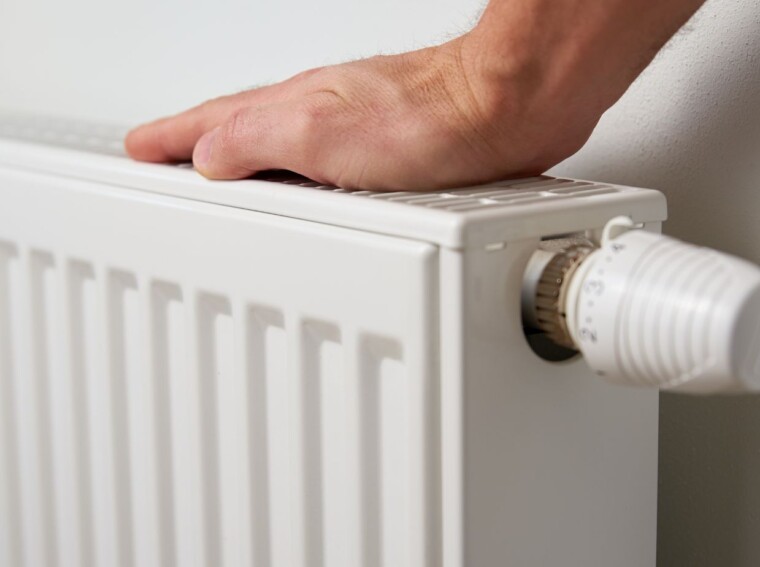With the rising costs of living, finding ways to reduce household expenses is a priority for many. One effective method to achieve this is by upgrading to energy-efficient radiators. These radiators are designed to provide optimal heating while consuming less energy, which can result in significant savings on heating bills. In this article, we will explore the benefits of energy-efficient radiators and offer tips on how to maximise their efficiency.
Understanding Energy-Efficient Radiators
Energy-efficient radiators are designed to use less fuel while providing the same or improved levels of warmth compared to traditional radiators. They achieve this through advanced technology and innovative design features. For instance, modern radiators often incorporate improved convection systems and better heat distribution mechanisms. This ensures that every unit of energy consumed is used more effectively to heat your home.
Benefits of Energy-Efficient Radiators
There are numerous benefits to installing energy-efficient radiators in your home:
- Lower Energy Bills: Energy-efficient radiators consume less energy, which directly reduces your heating costs.
- Environmental Impact: Reduced energy consumption means lower carbon emissions, making these radiators a greener choice.
- Improved Comfort: Modern radiators often have better heat distribution, ensuring that your home is evenly heated and more comfortable.
- Long-Term Savings: While the initial investment might be higher, energy-efficient radiators often have a longer lifespan and lower maintenance costs.
Maximising the Efficiency of Your Radiators
To get the most out of your energy-efficient radiators, consider the following tips:

Regular Maintenance
Regular maintenance ensures that your radiators operate at peak efficiency. Bleeding your radiators to remove trapped air can significantly improve their performance. Additionally, ensure that there are no obstructions in front of or around your radiators, as this can impede heat distribution.
Smart Thermostats
Pairing your radiators with a smart thermostat can lead to significant energy savings. Smart thermostats allow you to set heating schedules and control the temperature remotely, ensuring that your home is only heated when needed. This can prevent wasted energy and reduce your heating bills.
Insulation
The efficiency of your radiators can be greatly influenced by the level of insulation in your home. Proper insulation keeps heat from escaping, allowing your radiators to maintain a comfortable temperature with less energy. Consider adding or upgrading insulation in your walls, floors, and loft.
Reflective Panels
Installing reflective panels behind your radiators can help to direct more heat into the room rather than letting it escape through the walls.

These panels are cost-effective and easy to install, and they can make a noticeable difference in the warmth and energy efficiency of your home.
Choosing the Right Radiator
When selecting an energy-efficient radiator, consider the size of the room and the radiator’s BTU (British Thermal Unit) rating. A radiator that is too small will struggle to heat the room adequately, while one that is too large may consume unnecessary energy. Assess the design and features of the radiator to ensure it fits your home’s heating needs and aesthetic preferences.
Conclusion
Investing in energy-efficient radiators is a smart choice for homeowners looking to reduce their heating bills and environmental impact. By understanding how these radiators work and implementing the tips provided, you can maximise their efficiency and enjoy a warmer, more cost-effective home.
